Cherelle Parker’s messaging is winning over the Latino old guard
As the race for Philly mayor heats up, Parker continues to build on her momentum with the city’s Latino elected officials.
Until mid-April, State Representative Danilo Burgos didn’t think he’d be endorsing Cherelle Parker for mayor of Philadelphia.
Not only is Burgos, a former Dominican grocery store owner, good friends with Maria Quiñones Sánchez, the retired District 7 councilmember and former mayoral candidate, also helped boost his political reputation, eventually leading to a successful State House bid in 2018, becoming the first Dominican man to hold a seat in the PA House.
He owed much of his political success to Quiñones Sánchez, who used her 14-year incumbency to protect her seat and fasten a generation of leaders behind her, Burgos among them.
A few weeks ago, amid a March drizzle, State Representative José Giral endorsed Parker for mayor with his longtime successor Ángel Cruz behind him. They sang Parker accolades, praising the weight of her candidacy, an unapologetic “African American woman” poised to become the city’s 100th mayor.
It was the first public show of support from high-profile, well-connected Latinos that double as ward leaders in their respective districts. Giral said Parker “would make Philadelphia great again.”
And yet Burgos was nowhere to be seen. He hadn’t made public endorsements, nor was he seen during mayoral events rubbing elbows with any particular candidate.
Back then, Quiñones Sánchez was still a contender and the only candidate to introduce Spanish-language commercials and campaign materials that spoke directly to Burgos’ constituency.
It was expected that Burgos would back Quiñones Sánchez, but after Giral backed Parker, Burgos’ support remained up for grabs.
That changed on Thursday, April 13, when he stood behind Parker in Norris Square in what could only be described as a civic fever dream.
The old guard
What’s important to understand about Latinos in Philly politics is that for the last 23 years, despite having made narrow inroads in local and state races, most contenders vie for the same seats in an ongoing game of party chairs for control of the seventh councilmanic district and domains of the surrounding region.
The only at-Large seat Latinos ever held was by way of retired Councilmember Ángel Ortiz, who has kept a low profile the last few months, save for an appearance at Luz Colón’s campaign launch.
In the at-Large sphere, where Latinos have attempted to seek nominations, most fail by the primaries. This year, two Latinas — Erika Almirón and Colón — will appear on the at-Large primary ballot.
Almirón was one of many Latinos on the 2019 ballot who were unsuccessful.
Since Quiñones Sánchez won the seventh in 2008 by a landslide in the general election, she faced nothing short of opposition and backlash for the years ahead of her long reign — and created intraparty friction between herself and other Latino elected officials.
Her inheritor, a woman she took under her wings, stands to face similar challenges, albeit with a candidate who has aligned himself with progressive Democrats and whose campaign is distanced from traditional Latino ward leaders and elected officials.
In 2023, it was a no-brainer for Burgos, returning the favor to Quiñones Sánchez when she announced her bid for mayor. But the race took a sharp turn this month when the Philadelphia Inquirer broke the news that Quiñones Sánchez would suspend her campaign because she was squeezed out due to an “obscene, obnoxious” amount of money that her campaign couldn’t keep up with.
“We had been supporting Councilwoman Sánchez since she announced last year,” Burgos told AL DÍA shortly after the Parker endorsement. “Unfortunately, she ended her campaign this week, and we identified [Cherelle Parker] collectively as the person that we all wanted to work with.”
Supporting Cherelle Parker
Cherelle Parker’s campaign coffer is healthy, but it doesn’t amount to the impressive fortune raised by her adversaries, whether self-funded, through unions, or possible Super PACs.
Still, Parker equipped her campaign with operatives to coalesce unlikely groups behind her. Among them, Neftali Ramos, the son of former State Representative Benjamin Ramos, flexed his muscle as Political Director to bring longtime enemies together for a common cause.
And Sinceré Harris, Parker’s campaign manager and a Puerto Rican woman, is credited with much of the work to sway Latinos to show out for the campaign.
“Certainly having a political director who’s entrenched in the community… having a campaign manager who’s Afro Latina whose family is from Puerto Rico. I mean, we are a very Latino-focused campaign, and very proud of that,” Aren Platt, Parker’s senior advisor, told AL DÍA in an interview.
“One of the things that are absolutely true about [Cherelle Parker] is that her message doesn’t change…and people are connecting with that.”
The issues
Indeed, Parker stays on message — one that struck a chord with traditional Latino elected officials — whether on police enforcement or safe injection sites.
Parker’s stance on policing aligns with how Latino elected officials want to address Kensington, in the intersection most intensely battered by the opioid crisis, which keeps a visible strain on the neighborhood through the open-air drug market.
Parker said officers should be “walking the beat, riding their bikes, and getting to build relationships and build trust with communities they were sworn to protect and serve,” quoted from an earlier endorsement event from 10 Northeast wards.
Lozada, who is serving her first term after a special election last November, told AL DÍA in interviews that she believes in further enforcement. Recently, in a forum hosted by the Riverwards Area Democrats, Lozada said she didn’t “believe in over-policing, but I do believe in policing.”
And that is a winning message for the old guard as well. Giral said he sat down with Parker to discuss Kensington and said that conversation persuaded him to “personally endorse her.”
But not all of them.
Sergio Cea, the Political Director for Reclaim Philadelphia, thought the endorsement indicated how the Democratic establishment has gripped Latino politics.
“We need to be very clear that when we’re talking about Latinos, they’re not a monolith. What we’re talking about is establishment-elected Latinos. These are not reflections of Latinos. I haven’t seen any organization actually support these views or Cherelle Parker,” Cea said.
Cea, with respect to Latino-led organizations, is on target. Make the Road Action PA, a committee conjoined to an immigrant rights group, backed Helen Gym for mayor.
“I think Parker is doubling down on collecting endorsements from an establishment that has failed to improve quality of life in the city for far too long,” said Cea.
RELATED CONTENT
Another aspect of Parker’s message, which she’s honed in recent events, is supervised injection sites. During a televised debate hosted by FOX29, Parker, responding to a question about public health and the opioid epidemic, said the “first thing I wouldn’t do is employ the use of a safe injection site.”
This message played well with Latino leaders in Kensington, both advocates and political, who opposed the idea.
“I love [Cherelle Parker] because she says it like it is. She is not afraid to make the hard decisions,” said State Senator Christine Tartaglione.
Asked about what those hard decisions are in Kensington, Tartaglione said: “She is against safe injection sites.”
The issue of harm reduction in the city has been mired by political opposition after Safehouse, the organization working to bring harm reduction efforts to Philly, ran afoul of members of the South Philly community.
In March, Safehouse drew similar ire from elected officials in Kensington and its surrounding neighborhoods after they were shut out of a meeting between community advocates and the U.S. Attorney’s Office due to clearance issues.
“This is one of the weakest segments of our society,” said Burgos, responding to questions about his openness to safe injection sites. “They need long-term care,” he noted.
New York piloted a site, and so far, their interventions have treated 800 overdoses, according to reporting by the Inquirer.
Stop-and-frisk
Latino elected officials are less vocal on stop-and-frisk and have yet to take a position on either side of the issue.
“It’s a bit of a nuanced message that’s gotten lost,” said Platt.
A settlement agreement between the Philadelphia chapter of the American Civil Liberties Union and the city led to a federal consent decree, known as the “Bailey Agreement” under the Michael Nutter Administration in 2011, which imposes sanctions on the city if it fails to “address the problem of unconstitutional stop and frisk.”
The settlement also aimed to help reduce the number of stops, improve the quality of stops, and gather data from instances where police utilized stop-and-frisk.
“It’s interesting to me that the establishment is coalescing around the stop-and-frisk-mayor,” said Cea, “when we know that this is something that voters overwhelmingly fought to end in this city.”
Years following the settlement, in 2020, Parker penned legislation that asked voters whether to eliminate the use of “unconstitutional stop-and-frisk” on the ballot. Voters approved said choice and it was supported by civil rights attorneys at the time.
“There are portions of it that are Standard Operating Procedure for police. When she [drafted the legislation], she had the top two civil rights attorneys, people who are the preeminent voice in protecting people’s civil rights… Michael Coard and David Rudovsky,” Platt said when pressed about whether stop-and-frisk messaging was damaging to the campaign.
The city piloted a revised method for stop-and-frisk in 2021 as part of a continuing court case governed by a federal court.
“It has been distorted; it’s politics. It’s a competitive environment into something that it’s not. Into her support for something she wouldn’t support and, frankly, is unconstitutional and illegal. I’m not going out on a limb here to say that Cherelle Parker is against unconstitutional and illegal things, including stop-and-frisk.”
Cea doesn’t share that view.
“There’s no way that stop-and-frisk won’t be impacting Latinos. There is no way that the tough-on-crime policies that Parker is speaking to won’t be impacting people in the seventh district, where many of these elected officials represent,” he said.
Critics say that data collection from stop-and-frisk instances bears no weight in the disparate impacts of the practice, predominantly applied to Black and Brown men, according to the New York chapter of the ACLU.


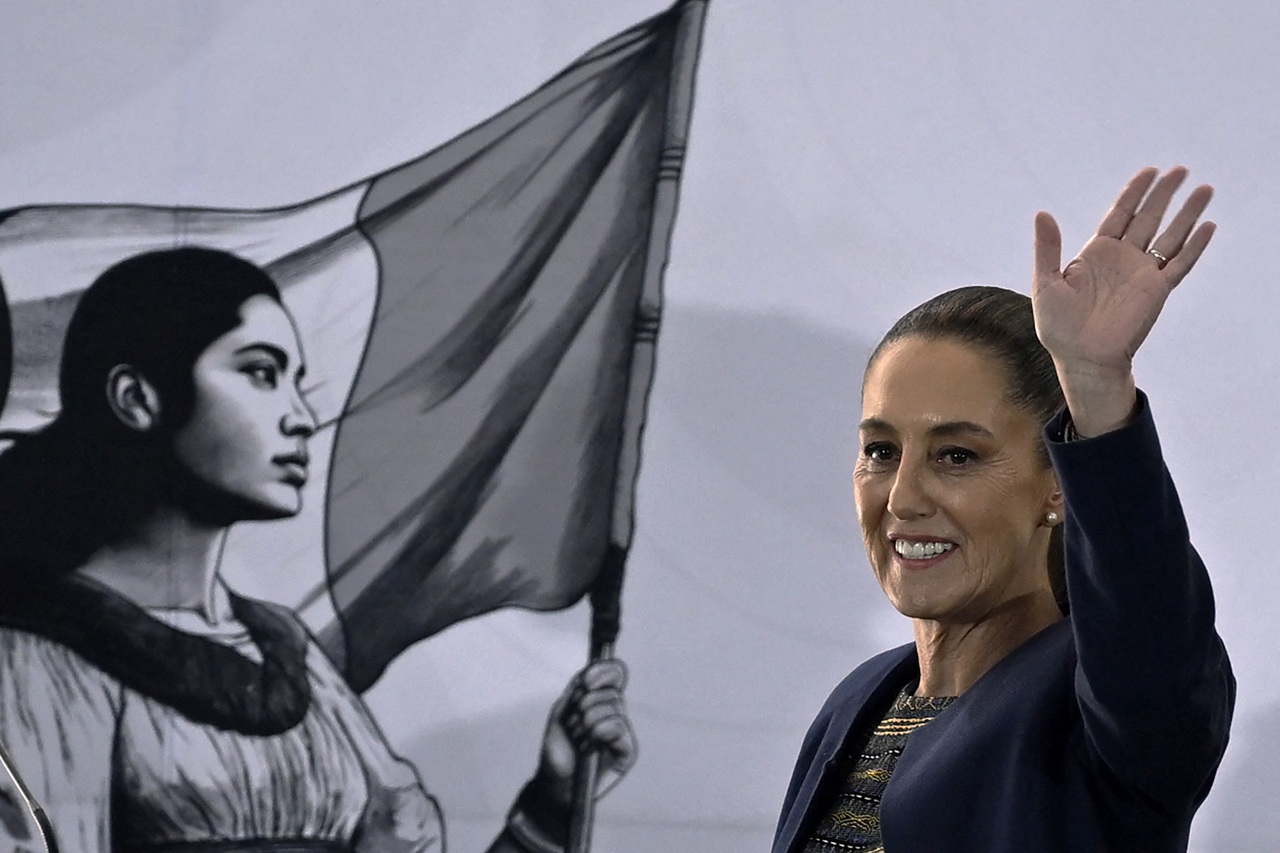
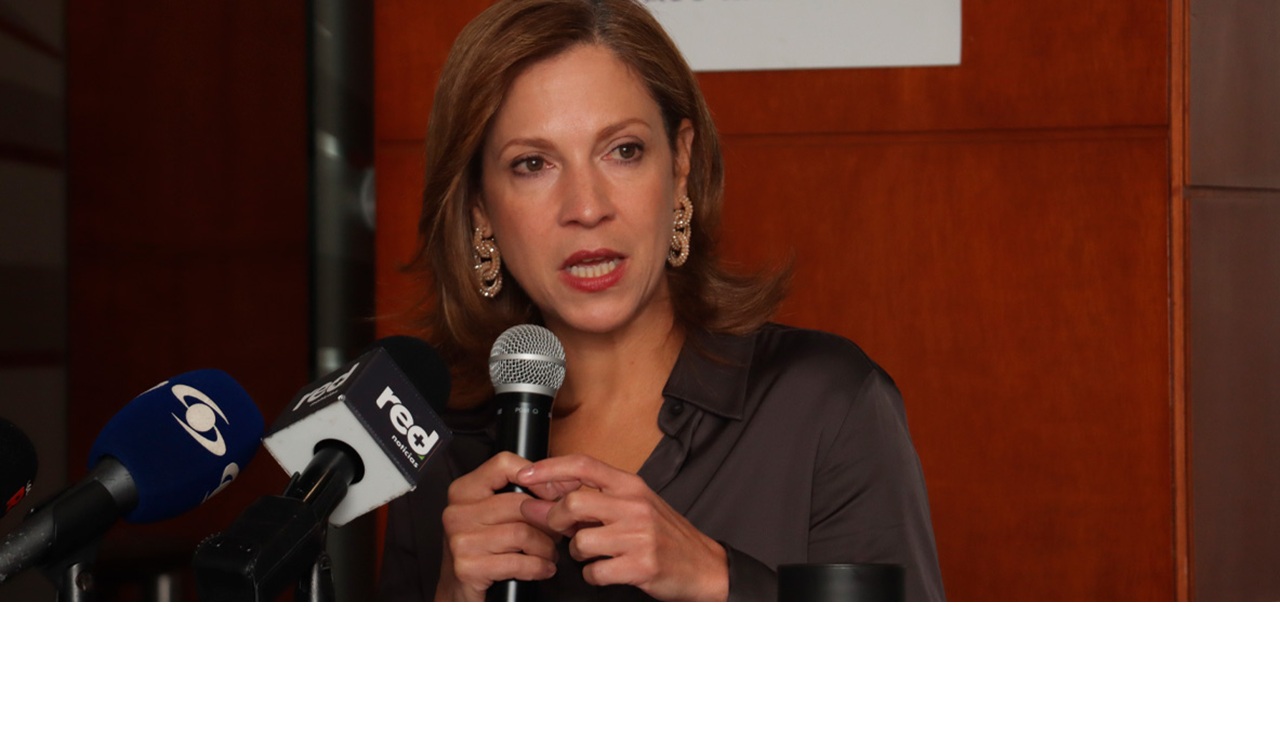
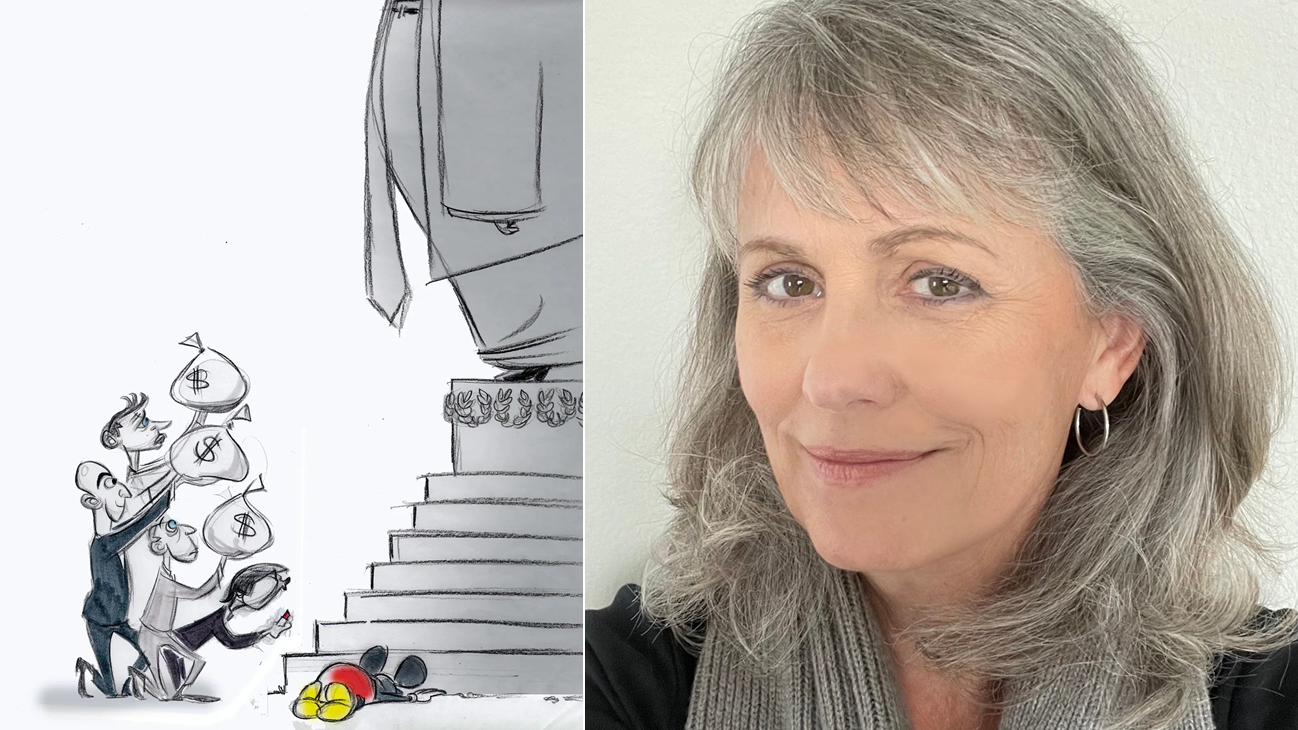
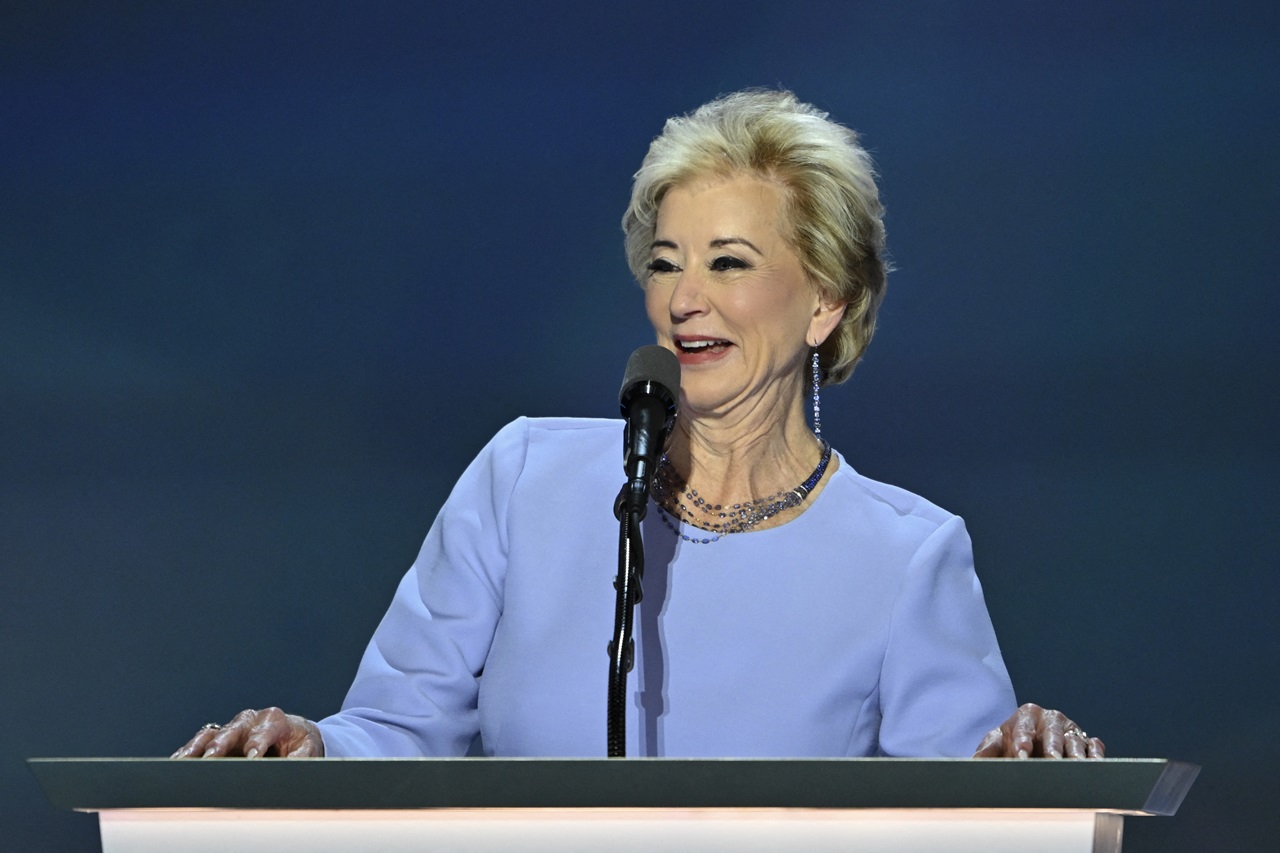
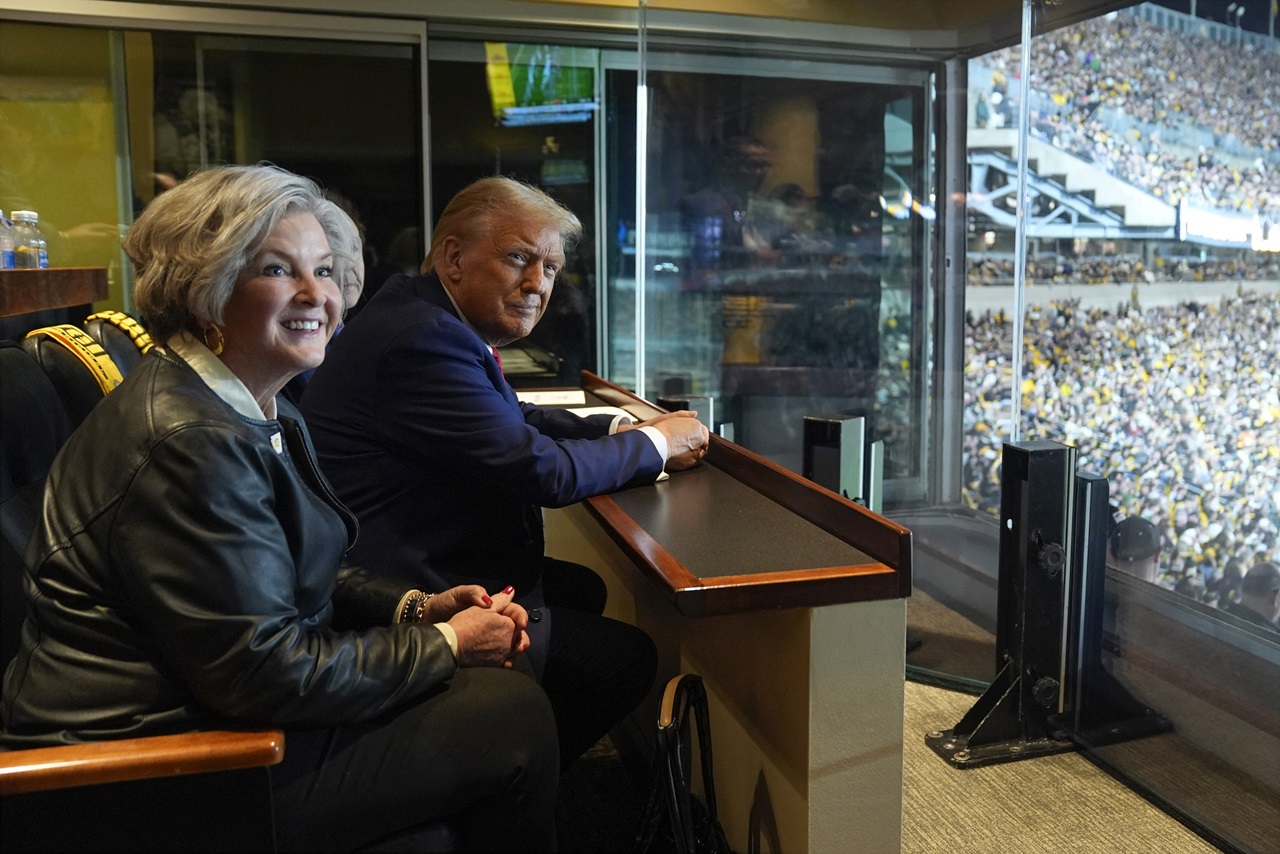
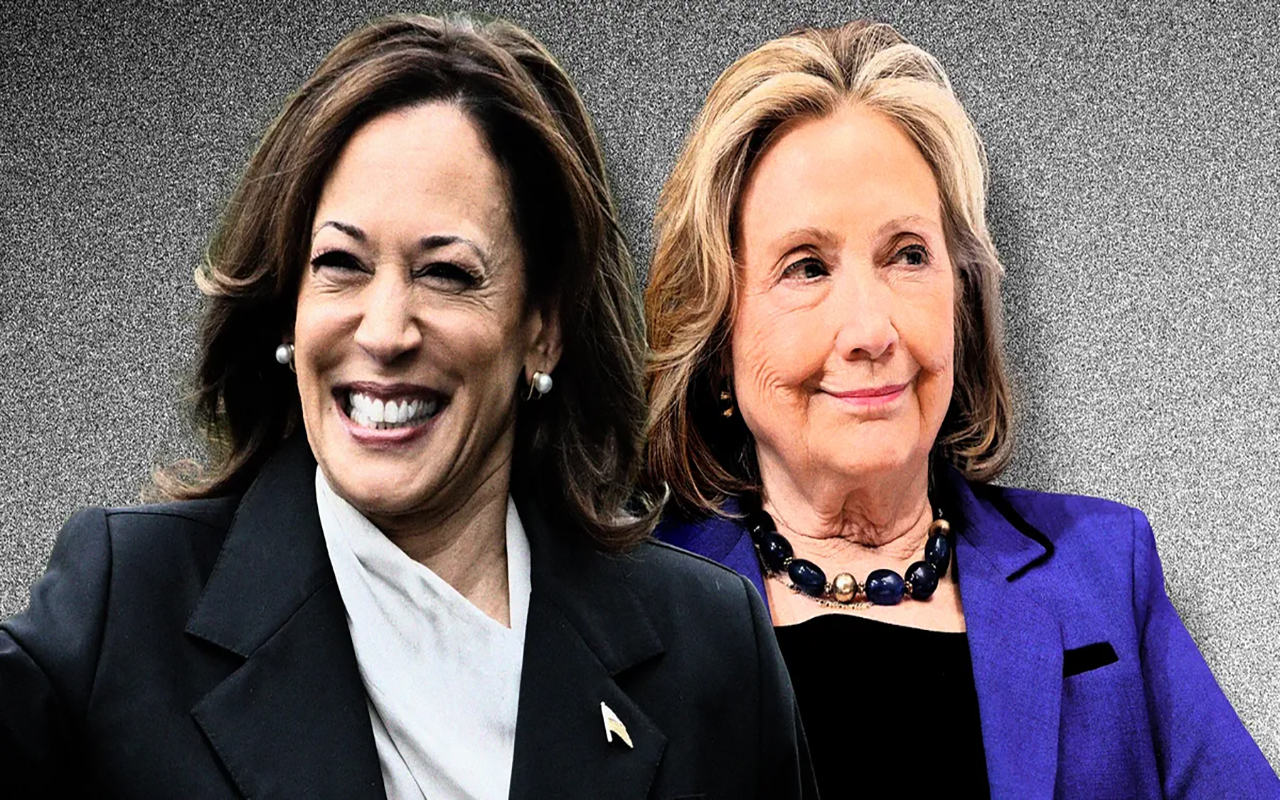
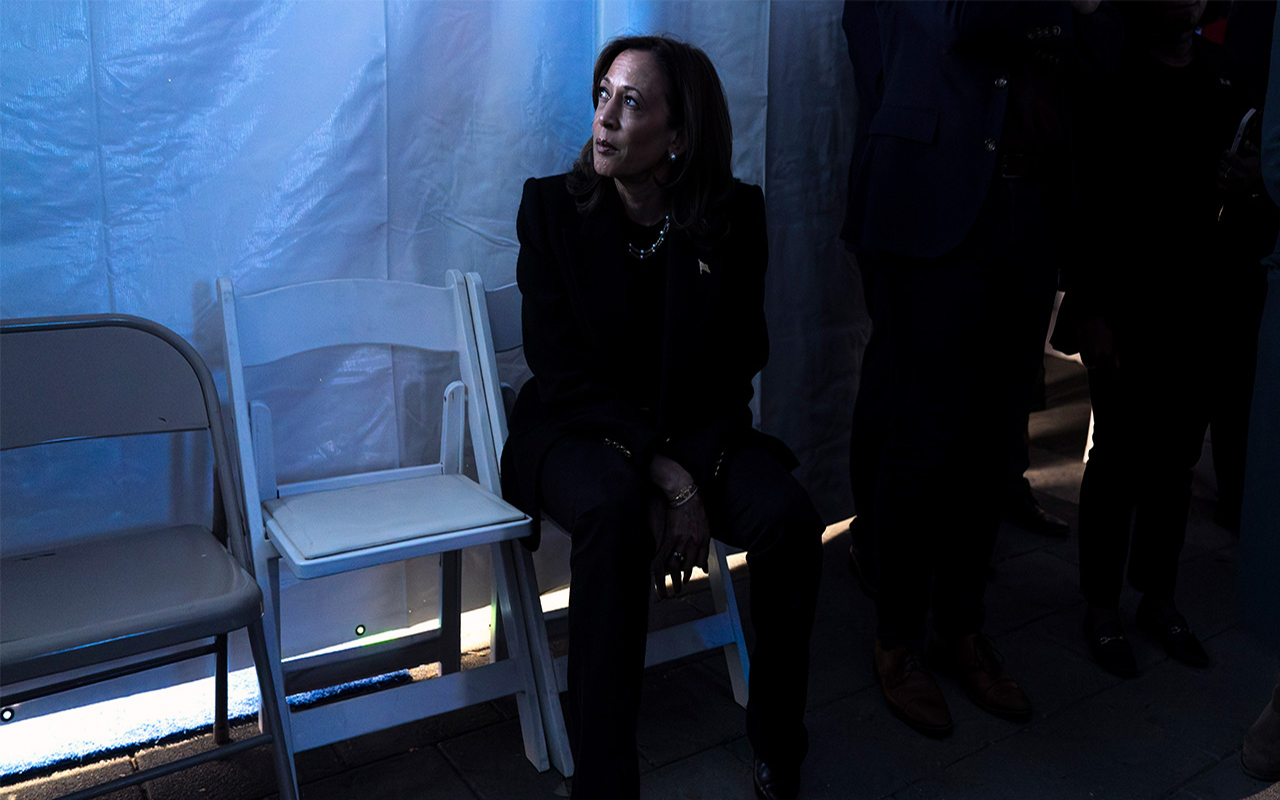
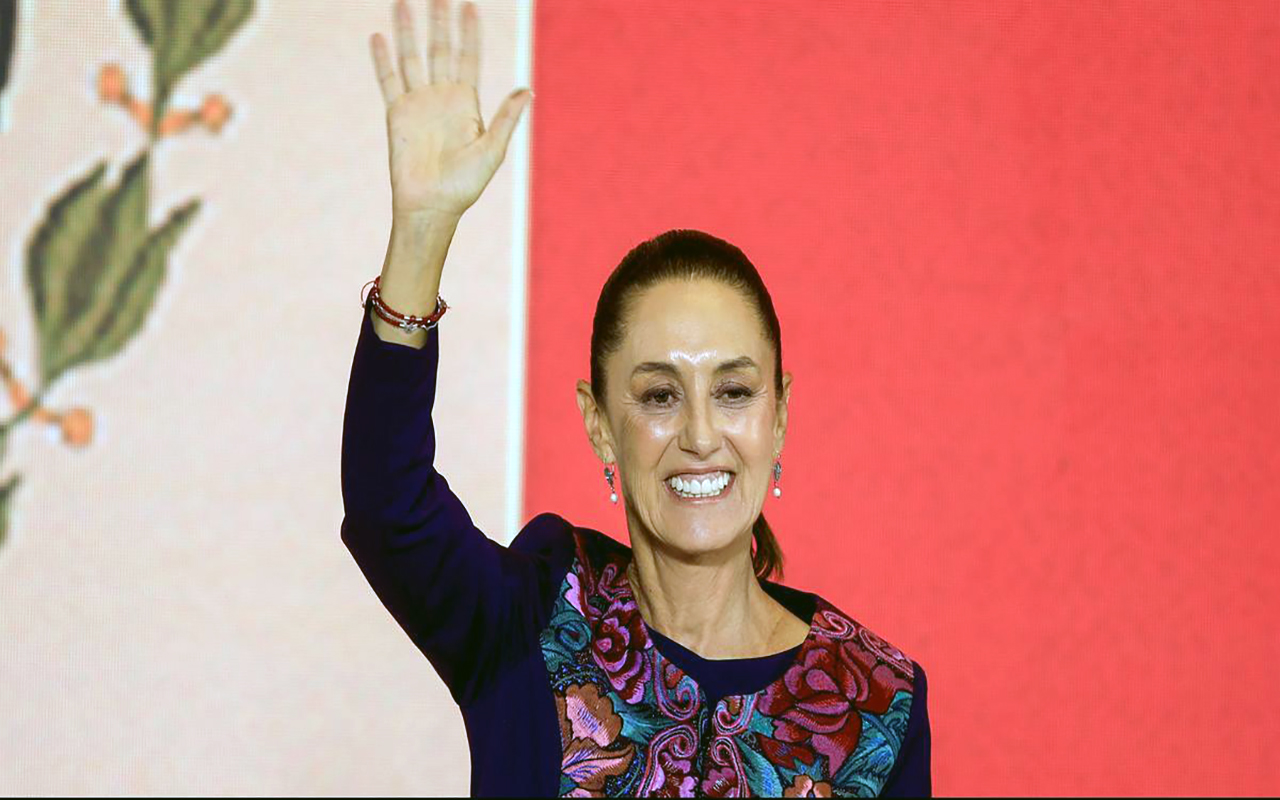

LEAVE A COMMENT: